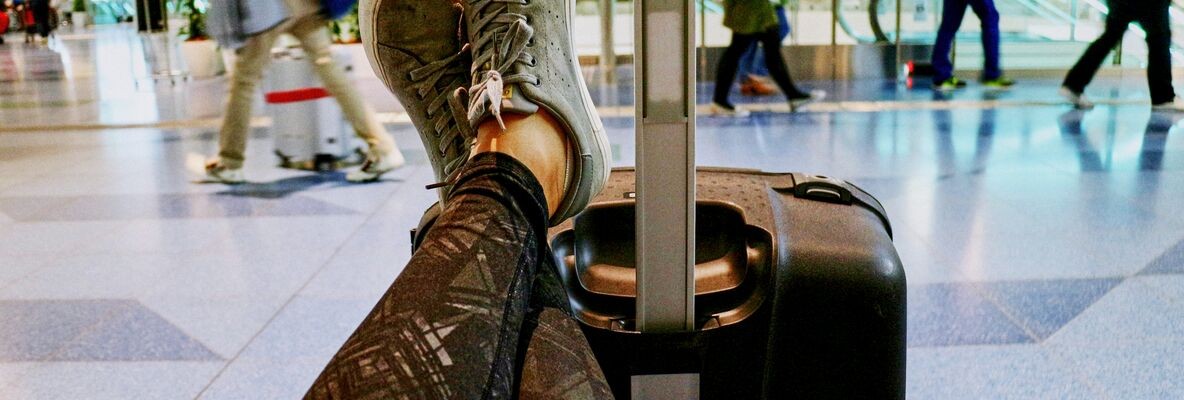We use cookies to enhance your experience. Basic cookies are essential for the proper working of this website. For example, they save your language preferences. They also help us gather anonymous information about the use of our site. More information in our Cookie Policy.
Unlike the will which takes effect at death, donation is an act by which a person called the donor transfers during his lifetime irrevocably and gratuitously any property to another person called the donee.
Donation can transfer immovable or movable property to natural (spouse, parents, children, brothers and sisters, etc.) or legal persons (associations, charities, etc.).
According to the Luxembourgish civil law, donation is only recognised if the contract is passed before the notary (except for real estate located abroad). A document written by a notary is considered as an authentic deed and can’t be challenged by a third person.
However, some gifts are accepted without notarial deed:
- manual or hand to hand gifts;
- hidden donations, when the donor pretends selling an asset to the donee at a fixed price which is, in reality, fictitious and will never be paid;
- indirect donations made by another juridical act than a donation act (as a debt forgiveness for example).
How much does donation cost?
According to the Luxembourg tax law, donations of immovable and movable property by notarial deeds are subject to registration duties (i.e. gift taxes). The registration duties are calculated on the market value of the property estimated on the day of the donation and depend on the degree of relationship between the donor and the donee. The rates vary from 1.8% or 2,4% for gifts in direct line (between grand-father and grand-son for example) to 14,4% for gifts between non-related persons.
When the donees are municipalities, public institutions, hospices, social offices, non-profit associations or foundations, the rate is 4.8%. Registration duties are divided by two for gifts made in a contract of marriage. Are exempted from registration duties gifts for scholarships to universities or institutions of higher education.
In principle, registration duties are paid by the donator, unless it is stipulated in the notarial deed that the duties will be paid in whole or in part by the donee.
In addition to the registration duties, the donator has to pay the notary. Notarial fees are calculated in accordance with the value of the goods and the complexity of the legal act. Moreover, immovable goods are subject to a transcription tax (1%) and a municipal surcharge if the property is located within the Luxembourg City municipality.
How to do in practice?
Making a donation is very simple. The donator has to go the notary of his choice with the following documents:
- the original marriage certificate for a married couple or the original national identity card for a single person;
- the estimate of the value of the good signed by the donator and the donee in case of a movable property or the notarial deed of transfer of the property rights to the donee in case of an immovable property;
- the statutes of the legal person and the tax identification number (11 digits) to know which representative of the legal person will sign the notarial deed for acceptance of the donation.
Indeed, to be valid, the notarial deed must be signed by the donee. As you may expect, there is no donation if the donee doesn’t accept the gift.
11/2021
-
Student employees’ rights and obligations

As a student, you might want to make some extra money and gain some paid work experience. Very good idea, but do you know your rights and obligations as a student employee?
-
What formalities to follow at your arrival in Luxembourg

If you have just arrived in Luxembourg or if you intend to come into the country in the near future, one of your first steps will be the opening of a bank account. But which bank to choose?
-
What is the best way to save money when planning a holiday?

Deciding how to spend a well-deserved summer holiday can be exciting. Should you go back to a favourite location, or try something new? But there can be tricky trade-offs, such as whether to decide early and book ahead or wait as long as possible in the hope of finding a better deal.